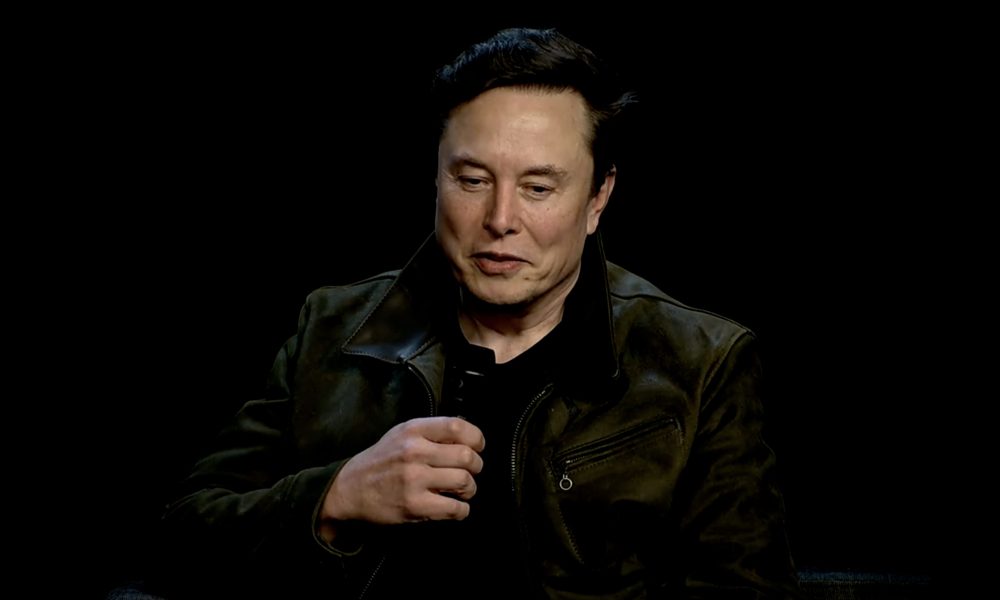Elon Musk’s Control Over Tesla Raises Concerns Among Shareholders
Elon Musk, the CEO and founder of Tesla, continues to express apprehensions about his control over the company. He believes that activist shareholders pose a significant threat to his position as CEO and founder of Tesla. Musk has raised concerns about his voting control within the company and the potential for shareholders to oust him due to reasons such as his political beliefs or substantial wealth.
Recent events have highlighted these concerns, such as when shareholders voted on two separate occasions to award Musk a 2018 compensation package for his role in leading Tesla to achieve various growth goals. However, Delaware Chancery Court Judge Kathaleen McCormick denied Musk the compensation package both times, referring to it as an “unfathomable sum.”
Currently, Musk holds a 12.8 percent stake in Tesla, with an option to purchase 304 million shares that could increase his voting control by approximately 4 percent. However, Musk believes that a 25 percent ownership stake would provide him with enough influence over the company without the risk of being overturned by activist shareholders.
In a recent tweet, Musk expressed his discomfort with growing Tesla’s presence in AI and robotics without having sufficient voting control. He emphasized the importance of being an influential figure within the company while still being subject to oversight.
During a recent earnings call, Musk reiterated his concerns about his control over Tesla, expressing a desire for his influence to be sufficient to guide the company in a positive direction without being at risk of being removed by activist shareholders.
There is a growing worry that if Musk’s ownership stake in Tesla continues to be restricted by external factors, he may consider leaving the company. The majority of shareholders have shown support for Musk’s leadership and compensation package, indicating a desire for him to remain at the helm of Tesla to ensure continuity and stability within the company.
Overall, Musk’s concerns about his control over Tesla reflect the delicate balance between maintaining influence within the company and being subject to shareholder oversight. The future of Tesla and its leadership may hinge on resolving these issues to ensure the company’s continued success and growth.

